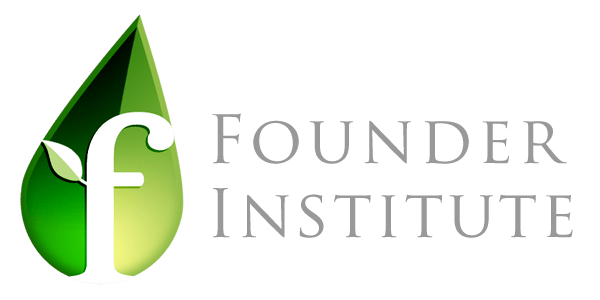Last week, Erick wrote about the dramatic increase in startups and early-stage businesses we’ve been seeing over the last few years, likening the phenomenon to the Cambrian Explosion. In these fertile times for startups, naturally, there’s plenty of funding to be had: In the last year, according to CrunchBase, there were more than 1,100 seed/angel funding rounds, up from 855 in 2008.
There are fewer barriers to startup creation now than ever before, and as businesses pop up left and right, so have the incubators and accelerators that provide these companies with the early fuel they need to build their products. Y Combinator, one of the more well-known startup incubators in the world, is now receiving over one application every minute, for example, and recently expanded the size of its classes to keep pace with demand.
Each of the prominent incubators, Y Combinator, TechStars, 500 Startups, and Founder Institute, among them, have been expanding their programs and networks, both at home and overseas. TechStars has added hubs in a number of cities, and both 500 Startups and Y Combinator recently launched their “largest batches yet”. It seems that with each passing “semester”, enrollment continues to grow.
But which of these incubators is the largest? It depends on how you define “largest” — each of these incubators rock and each has its own case. But one in particular thinks it has the “biggest” case: Founder Institute, today announced that it has become the largest incubator in the world — at least in terms of the number of alumni, mentors, and locations.
Founder Adeo Ressi told us that the incubator has now helped launch 415 startups worldwide, with a total of 483 graduated entrepreneurs. Founder Institute has done so in less than 2.5 years, and Ressi says that, when the ten operating sessions graduate in the next two months, the Institute will exceed 500 companies launched and is on pace to launch an average of two tech companies per day in 2012.
The Founder attributes the incubator’s growth to, among other things, focusing not on bringing startups to Silicon Valley, but on building startup ecosystems in national and international markets, allowing entrepreneurs to create their businesses at home. The Institute is directly operating in 20 different locations and counts over 700 mentors among its flock.
Of course, while Founder Institute may be the largest in terms of scale and alumni (Y Combinator has graduated 317+ companies, TechStars 114, 500 Startups 174, and Plug and Play 300+), it does not hold claim to being the largest in terms of the number of exits that generated cash returns or the amount of money raised.
The top 21 companies incubated by Y Combinator, for example, have a combined value of $4.7 billion, said Founder Paul Graham. Comparatively, 41 percent of Founder Institute graduates have received funding, for a total of more than $30 million.
Founder Institute companies have averaged about $2.5 million for their series A raises, the largest of which was $5 million. While the Institute has produced entrepreneurs that have gone on to found companies like Cake Health, I-DISP, Identifii, Kaliki, Rentcycle, and Udemy, Founder Institute has yet to produce high-valuation companies like Dropbox and Airbnb — both of which are Y Combinator graduates and have raised over $100 million.
While more than 100 of Founder Institute’s graduates are based internationally, 20 percent have female founders, 40 percent have been funded, and the Institute plans to add another 75 international locations, the incubator has to be careful that it isn’t just becoming a startup mill. Entrepreneurs want to be sure that they receive fair ROI, and the total amount of funding raised by graduates, the number of successful exits, and high valuations can be a good marker for determining this.
Founder Institute accepts an average of 30 percent of the startups that apply to its program (compared to 3 percent for Y Combinator), so startups know that they have a better chance of getting in. Yet, unlike other incubators, Founder Institute doesn’t invest in its startups, though it does take 3.5 percent of the graduating companies and puts it into a pool for the founders, mentors and people who operate local chapters.
The key for Founder Institute is its international footprint. Seed Camp, in contrast, has a significant (and growing) international presence, but it doesn’t have the same connection to Silicon Valley that Ressi has forged over the last 2.5 years. There is a growing push to invest in up-and-coming international tech hubs, and with the Institute planning 75 new locations (in London, Buenos Aires, Seoul, Bangalore, Abu Dhabi, Istanbul, and Cape Town, to name a few), the incubator may have a leg up on incubators focused solely in the U.S.
It’s also important, as part of this expansion, to get support of local governments and ecosystems. Singapore’s government has been backing 100 percent of Founder Institute grads with investment grants, market access and other services — so even without investing significant capital in startups themselves, it’s partnerships like these that will make Founder Institute continue to fly — without being seen as a startup mill.
Applications for Founder Institute’s Winter 2011 program are being accepted through tomorrow, so readers interested can take FI’s “Predictive Admissions Test” and apply here.
